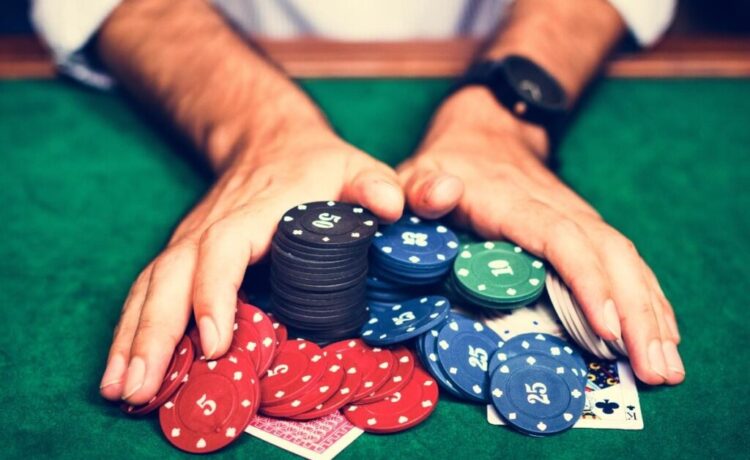Gambling addiction, also known as compulsive gambling or gambling disorder, is a serious psychological condition characterized by an inability to control one’s gambling behaviors despite adverse consequences. The effects of gambling addiction can be profound and far-reaching, impacting various aspects of an individual’s life, including:
Legal issues: In some cases, gambling addiction can lead to criminal activities such as fraud, embezzlement, or theft to fund gambling habits or cover losses. Legal problems can further compound the individual’s challenges.
Physical health: The physical health consequences of gambling addiction are often overlooked by those suffering from the addiction problem. The primary concern for gamblers is winning more money than they lose rather than maintaining good health or avoiding harmful side effects associated with the activity. Gamblers often take on diets that do not allow them to eat or exercise to reduce their chances of losing as much money as possible at the table or slot machine.
Work and academic impairment: People with gambling addiction might neglect their work, studies, or other responsibilities, leading to poor job performance, absenteeism, or academic decline. This can jeopardize career prospects and educational goals.
Financial consequences: When people become addicted to gambling, they often cannot control their spending habits. Gambling can quickly become a habit that completely takes over the individual’s life, leaving them with little time for anything else. The financial consequences of gambling addiction can devastate families, friends, and loved ones involved with the gambler.
Community and societal impact: The societal impact of gambling addiction includes increased demand for public services such as mental health care, social services, and financial support. Moreover, communities may face increased crime rates and social disruptions due to the consequences of gambling addiction. If you are struggling with this condition, it is critical that you seek gambling addiction help.
Isolation: Gambling addicts might isolate themselves from social activities and spend more time engaged in gambling. This isolation can exacerbate feelings of loneliness and contribute to the deterioration of personal relationships.
Occupational and academic consequences: The preoccupation with gambling can lead to declining work or academic performance. Absenteeism, decreased productivity, and missed opportunities for career advancement or educational achievements can result from the addiction.
Escalating behavior: Over time, individuals with gambling addiction often need to gamble more frequently or bet more significant amounts to experience the same level of excitement. This can lead to a cycle of escalating behavior and higher financial losses.
Impact on family members: The most significant impact of gambling addiction on family members is that the addicted gambler’s loved ones may feel like they have lost their lives, partner, friend, and parent due to their involvement with gambling activities and activities which may lead to their financial ruin if they continue their involvement in these activities without any intervention by themselves.
Relationship problems: The strain of gambling addiction can take a toll on personal relationships. The secrecy, lies, and financial struggles associated with gambling can erode trust and communication within families, friendships, and romantic partnerships—others around them, such as family members and friends who care about them.
Conclusion
It’s important to note that gambling addiction is a recognized psychological disorder, and seeking professional help is crucial for individuals struggling with this condition. Treatment options, such as cognitive-behavioral therapy, support groups, and sometimes medication, can be effective in helping individuals regain control over their lives and manage the negative effects of gambling addiction.


